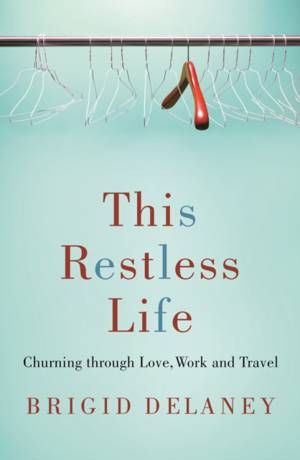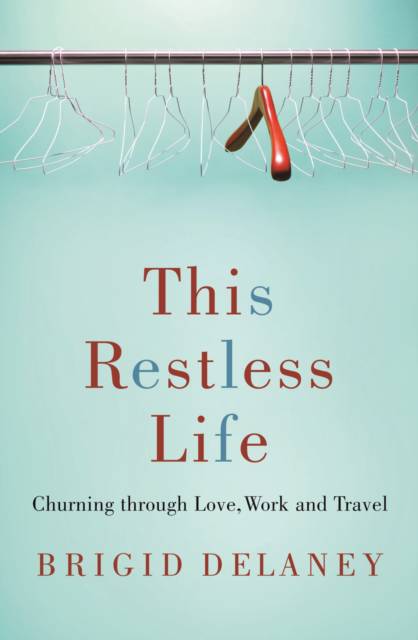
- Retrait gratuit dans votre magasin Club
- 7.000.000 titres dans notre catalogue
- Payer en toute sécurité
- Toujours un magasin près de chez vous
- Retrait gratuit dans votre magasin Club
- 7.000.0000 titres dans notre catalogue
- Payer en toute sécurité
- Toujours un magasin près de chez vous
Description
This Restless Life asks if we are sacrificing depth for breadth, or if it's possible to have both?
We often live in transit, shifting between jobs, cities and countries, trying to build communities in a virtual world, but longing - maybe before dropping off to sleep at night - for some stronger connection.
The savage playground of speed dating. High-risk, low-loyalty workplaces, scattered around the world. Friendships and love affairs conducted through technology. Globalisation and the long boom have changed the way young people love, work and travel.
In This Restless Life, journalist Brigid Delaney looks at the impact that hyper-mobility and the excesses of consumer culture have had on the restless generation. She hears stories from young Australians in the departure lounges of outer London airports, at parties in Rome and Sydney, in the cafés of Berlin and Paris. They feel 'nation-stateless', adrift. Their affluence in the new economy has come at a cost.
Having lived the restless life herself - fifteen cities over the past fifteen years - Delaney laments the loss of the things that for previous generations held life together, like romantic love, full-time permanent work and real-world communities. But just as the pace of the new economy changed us into restless human beings, might the global financial crisis provide this generation with an opportunity to slow down and reassess how it might live?
Spécifications
Parties prenantes
- Auteur(s) :
- Editeur:
Contenu
- Nombre de pages :
- 320
- Langue:
- Anglais
Caractéristiques
- EAN:
- 9780522855968
- Date de parution :
- 03-05-24
- Format:
- Livre broché
- Format numérique:
- Trade paperback (VS)
- Dimensions :
- 152 mm x 231 mm
- Poids :
- 385 g

Les avis
Nous publions uniquement les avis qui respectent les conditions requises. Consultez nos conditions pour les avis.






